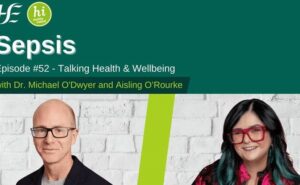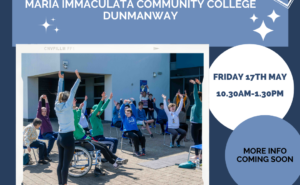
Welcome
Welcome to the Cork CIL website. There are pages for Service User Leaders, Staff and Professionals as well as information for people with disabilities, the general public, and students.We welcome feedback and suggestions so we can make this website a useful resource. Please visit the Contact Us page for information on how to get in touch.Read More
News & Stories
ILMI eBulletin 12th April 2024
View this email in your browser ILMI eBulletin ILMI eBulletin 12th April 2024 In...
Read More
HSE Health and Wellbeing Weekly Update 11/04/2024
In this episode of the HSE Talking Health and Wellbeing Podcast, we talk to Dr....
Read More
West Cork Sports Inclusion Showcase
Dunmanway Sportsability Inclusion event is taking place Friday May 17th 10.30-1.30pm. Showcasing activities for people...
Read More







